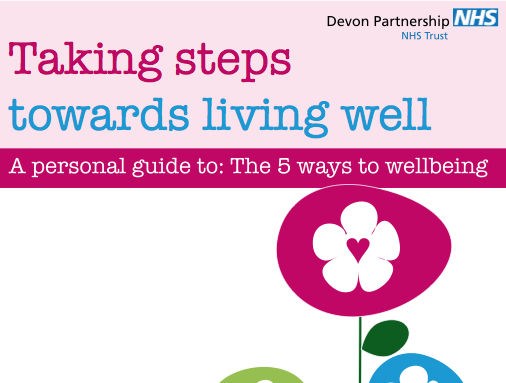Now I am running longer distances, it is time to think / talk about what I take with me.
My Garmin Forerunner 410 and HRM go on almost without thinking. I do like my Forerunner, and think the new Forerunner 620 looks absolutely fantastic. I would love to get my hands on one…
I dislike running to music, ok, not quite the case, but I never run with it. Perhaps when I am out for 3 hours + music / podcasts will become important, but for the time being I do like running to the sound of running!
I have started to take a phone on longer runs, I am not sure why, I guess if I end up in a ditch that would be useful, and that reminds me of being rescued from the south of France after a failed tandem trip from to Santander to Roscoff (OK, we nearly made it to Bordeaux but then our back wheel gave up) but for now, I might stop and take a picture or two.
I have also started to use my Camelbak as well, mostly for something to put my phone in, but the water is good for runs of 1h30+. If I am out late, I also clip a red LED to it.
I will also take my head torch if I know I am going to be on unlit paths.
So all that is pretty predictable but what I really wanted to tell you about is taking the right frame of mind.
Mental health (the good, the bad, the care and research) take up almost every day in my life. Whether it is through work, friends, or personal reflections, there is no escaping that there is no health without mental health. Yet despite this, there is still such a huge stigma when it comes to mental health. I was reading this great post by Pete over at Runblogger about running from stress. Pete sums up what many people feel and experience:
All through this experience I was ashamed. I’d never dealt with mental illness before, and the only person who knew what I was going through was my wife. She was incredibly supportive, and I’m not sure that I would have made it through the acute stages without her. I didn’t even tell my parents about it at the time.
This got me thinking. The internets are littered with thoughts, experiences and ideas about why exercise is good for mental health. There is some good research and advice but basically it seems we still don’t really know why:
Take this example from the Royal College of Psychiatrists
We are not yet exactly sure [why exercise works]. There are several possibilities:
Most people in the world have always had to keep active to get food, water and shelter. This involves a moderate level of activity and seems to make us feel good. We may be built – or “hard wired” – to enjoy a certain amount of exercise. Harder exercise (perhaps needed to fight or flight from danger) seems to be linked to feelings of stress, perhaps because it is needed for escaping from danger.
Exercise seems to have an effect on certain chemicals in the brain, like dopamine and serotonin. Brain cells use these chemicals to communicate with each other, so they affect your mood and thinking.
Exercise can stimulate other chemicals in the brain called “brain derived neurotrophic factors”. These help new brain cells to grow and develop. Moderate exercise seems to work better than vigorous exercise.
Exercise seems to reduce harmful changes in the brain caused by stress.
BUT, there must be more to it than that…
Some time ago, NEF wrote a report and while it was well received in some circles, it didn’t really go anywhere that quickly. My employer decided to do something with the report and we created this:
You can download the whole thing here. Please do, it really is a great leaflet.
So, coming back to “taking the right frame of mind” this advice leaflet and the report that accompanies it says:
It’s all about choice and we make choices all the time. However most of the time we are not even aware of the choices we are making because we think we do not have a choice.
Consider this for a moment – what happens when someone gives us a compliment. We can choose to feel good about it or choose to feel annoyed or not even notice. Similarly when someone shouts at us, we can make a choice to shout back and feel very angry or we can choose to remain calm and forgive the person. The event does not have to determine our experience – we can choose what to make of it and how to respond.
Choice. For a long time I felt that I had to do, think and say things a certain way, that there was no choice. Well, this advice, about choosing how to think and respond has really transformed who I am.
The Five Ways To Wellbeing really are quite revolutionary – which is why I based by my TEDxExeter talk on them, in it, I talk about noticing things, listening and smiling (and this is one of the reasons I won’t run plugged into an iPOD. You can my TEDx talk here (go on, it only takes 3 minutes)
So, I have rushed out a few thoughts in this post, and there is lots to unpack and explore further, which I will try to do over the coming weeks.
It has also reminded me that I am fortunate enough to know some good local people who know a lot about physical activity and mental wellbeing and this has got me thinking a lot about a PhD again…
eek!
peace
~t

